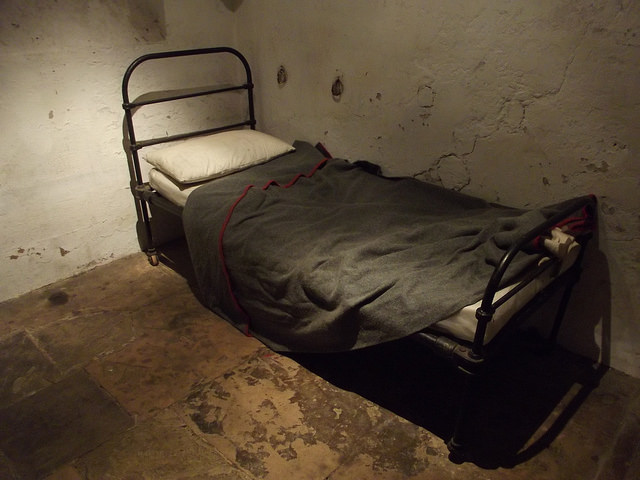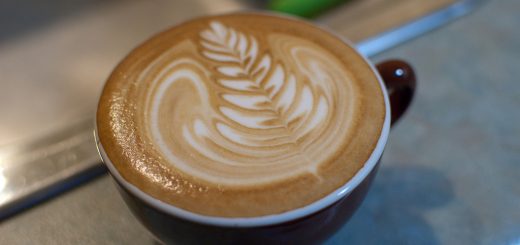Confessing to Crimes We Didn’t Commit

Sleep deprivation is one of the most controversial interrogation techniques to have been used in recent history1. Ethical considerations aside – is it effective? Is a suspect more likely to make a truthful confession after being forced to stay awake for 24 hours or more?
The answer, according to a recent experiment led by Michigan State University, is no. In fact, sleep deprivation is more likely to result in a false confession: people are more likely to confess to doing something they have not actually done if they are significantly underslept2.
In the study, subjects completed a range of computer tasks during which they were repeatedly warned not to press the ‘Escape’ button to prevent data loss. The morning after, participants were asked to sign a short statement which summarised their activities. However, this statement also included a false allegation claiming that ‘the participant pressed the Escape key thereby causing the loss of valuable data’. Those subjects who were kept awake all night were significantly more likely to sign the incorrect statement than those who had a good night’s sleep. Specifically, half of the sleep-deprived participants signed the statement, as opposed to 18% of the well-rested subjects.
These findings tell us that sleep deprivation is likely to be an ineffective interrogation strategy – and its use could have profound consequences. It is estimated that in the United States, 4% of people that have been sentenced to death were wrongly accused, and up to a quarter of those had given a false confession3.
This piece of research raises serious questions about the effectiveness of current criminal interrogations. If sleep deprivation is likely to result in false confessions, can its continued use as an interrogation technique be justified?
Edited by Sarah Spence
References
- For additional information on how sleep deprivation has been used as an interrogation strategy, have a look at http://terrorism.about.com/od/s/g/SleepDeprive.htm and http://news.bbc.co.uk/1/hi/3376951.stm
- The original article can be found on http://www.pnas.org/content/early/2016/02/04/1521518113. The authors have previously demonstrated that sleep deprivation increases the susceptibility to false memories; read more at http://www.psychologicalscience.org/index.php/news/releases/sleep-deprivation-may-increase-susceptibility-to-false-memories.html
- Data taken from http://www.law.umich.edu/special/exoneration/Documents/exonerations_us_1989_2012_full_report.pdf and http://repository.law.umich.edu/cgi/viewcontent.cgi?article=2590&context=articles










